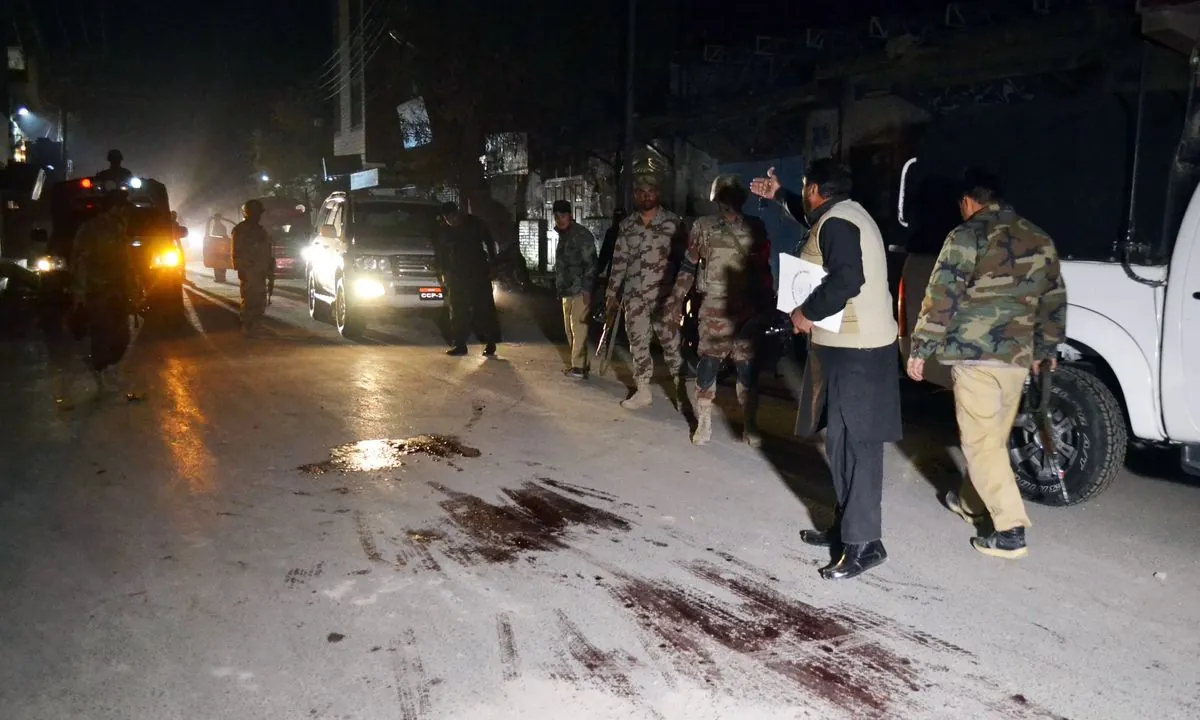In a troubling incident, a grenade attack occurred in Quetta, the capital of Baluchistan province, during Pakistan's independence day celebrations. The assault, which took place overnight between August 13 and 14, 2024, resulted in one fatality and ten injuries.
This attack marks the third such occurrence in Quetta within a three-day period, coinciding with the nation's commemoration of its independence from British colonial rule, which dates back to August 14, 1947. The Baluch Liberation Army (BLA), a separatist group, has claimed responsibility for all three incidents.
Arbab Kamran, a hospital spokesperson, confirmed the casualties, stating that the medical facility received one deceased individual and ten wounded patients following the attack. The assailants reportedly threw a grenade at individuals gathered in front of a hotel.
The BLA, established in 2000 and considered a terrorist organization by Pakistan and several other nations, had previously warned citizens against participating in independence day festivities. This group is at the forefront of a long-standing insurgency seeking Baluchistan's separation from the central government in Islamabad.
Baluchistan, covering an expansive 347,190 square kilometers, is Pakistan's largest province by area. Despite its size, it has the lowest population density in the country. The region is home to the Baloch people, whose distinct culture and language boast a history spanning over two millennia.
The province's strategic significance is amplified by its abundant natural resources, including gas, oil, coal, copper, and gold. Additionally, its geographical position bordering Iran and Afghanistan, coupled with its proximity to the Strait of Hormuz, underscores its geopolitical importance.
Despite the Pakistani government's assertions of having suppressed the insurgency, violence persists along the country's southwestern borders. This ongoing conflict has its roots in perceived economic and political marginalization of the region.
The separatist movement in Baluchistan has been active since 1948, reflecting deep-seated grievances. The province faces numerous challenges, including water scarcity and underdevelopment, which contribute to the complex socio-political landscape.
Amidst the turmoil, Baluchistan continues to play a crucial role in Pakistan's economic aspirations. The Gwadar Port, located in the province, is a key component of the China-Pakistan Economic Corridor, highlighting the region's potential for development and international cooperation.
As Pakistan grapples with these security challenges, the recent attacks serve as a stark reminder of the ongoing tensions in Baluchistan and the complex path towards reconciliation and stability in the region.
